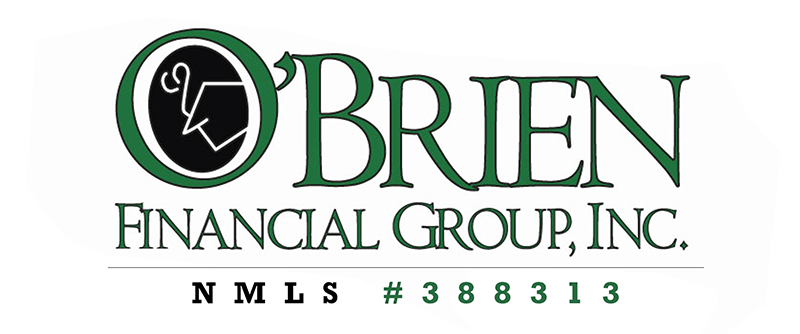
HELOC stands for Home Equity Line of Credit.
It is a type of loan that allows a homeowner to borrow against the equity they have built up in their home.
Equity is the difference between the current value of the home and the outstanding mortgage balance.
For example, if a home is worth $500,000 and the mortgage balance is $300,000, the homeowner has $200,000 in equity.
A HELOC typically has a variable interest rate and a draw period where the homeowner can access funds as needed, up to a certain credit limit.
The draw period is usually several years, after which the homeowner must start repaying the loan.
The funds from a HELOC can be used for a variety of purposes, such as home renovations, debt consolidation, or other expenses.
However, it’s important to remember that a HELOC is secured by the home, so if the borrower defaults on the loan, the lender can foreclose on the property.
What is the difference between a HELOC and a home equity loan?
A HELOC, as mentioned earlier, is a line of credit that allows the borrower to draw funds as needed, up to a certain credit limit, during a specified draw period.
The borrower can choose when and how much to borrow, and only pays interest on the amount borrowed.
The interest rate on a HELOC is usually variable, meaning it can fluctuate over time.
A home equity loan, on the other hand, is a lump-sum loan that is disbursed in full when the loan is approved.
The borrower receives the entire loan amount upfront and must repay it, along with interest, in fixed monthly payments over a set term.
The interest rate on a home equity loan is usually fixed, meaning it remains the same throughout the loan term.
Is a HELOC a better option than a home equity loan?
Whether a HELOC or a home equity loan is better depends on your specific financial situation and borrowing needs.
Each option has its own advantages and disadvantages.
A HELOC may be a better option if you need flexibility in borrowing funds and you’re not sure how much you’ll need or when you’ll need it.
With a HELOC, you can draw funds as needed, up to your credit limit, and you only pay interest on the amount you borrow.
This means you can save on interest if you only need a portion of the available credit.
Also, a HELOC typically has lower upfront costs, such as origination fees, appraisal fees, and closing costs, than a home equity loan.
A home equity loan may be a better option if you need a large lump sum of money upfront and you want a fixed interest rate and fixed monthly payments.
With a home equity loan, you know exactly how much you’re borrowing and the interest rate you’ll pay from the start, which can help you budget your payments.
A home equity loan may offer a lower interest rate than a HELOC since the loan is secured by your home.
It’s important to consider your financial goals, budget, and borrowing needs with a mortgage broker when choosing between a HELOC and a home equity loan.

